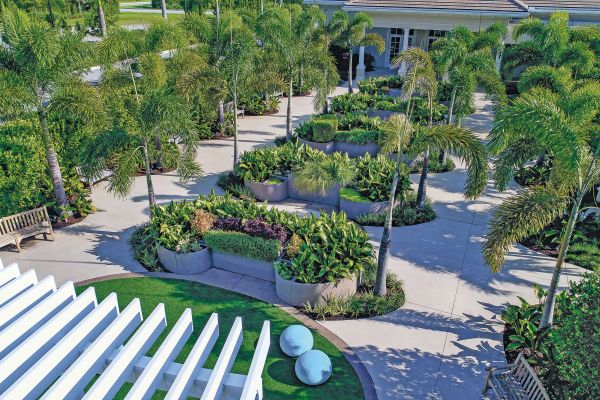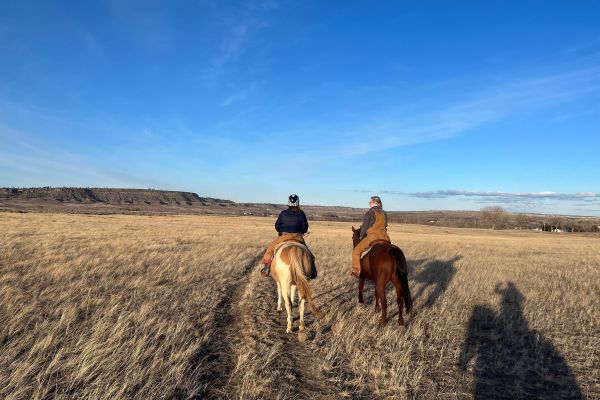Rooted in Connection
The Learning Network is an open-source database of case studies focused on the important connection between nature and health. Our community includes researchers, educators, designers, and healthcare professionals committed to nature-based solutions for health and wellbeing.
How Are We Defining Places and Programs?
The Learning Network highlights case studies that demonstrate the important connection between access to high quality nature and human health and flourishing. These case studies are divided into two broad categories: places and programs.
Places

The Sensory Arts Garden is an innovative therapeutic environment that supports individuals with autism spectrum disorder.
Places include site-specific projects that are intentionally designed to promote health and well-being by bringing people into contact with nature. Some places are built as parks and gardens for general purpose use by the public. Other places are designed with specific uses in mind that promote nature connection for certain groups of people, such as communities of color, individuals with different physical abilities, and populations with health-related conditions. These types of places may be connected with a hospital, clinic, school, or neighborhood. What all these different types of places have in common is a shared responsibility to increase equitable access to nature. They wouldn’t be possible without the collaborative efforts of design professionals, health care professionals, built-environment contractors, nature experts, and researchers. By highlighting case studies about these kinds of places, The Learning Network recognizes the work of these amazing professionals and the organizations and institutions they represent.
Programs

Two people riding horseback on a grassy plain under an open blue sky. They ride towards the horizon where low hills can be seen in the distance.
Programs include activities, classes, and therapeutic interventions that have been created to promote human health and flourishing through contact with nature. Many programs are associated with schools, hospitals, clinics, and other community-based organizations. They may include recreational opportunities and activities that are available to the general public. But they can also include therapeutic interventions that are targeted toward specific groups of people, such as individuals with health-related conditions, different age groups, and historically disadvantaged communities. These programs are often the result of purposeful collaboration between health care professionals, academics, researchers, designers, and community-based organizations. Sometimes the organizations that sponsor these types of programs are very large, such as national nonprofits or government agencies, but often they are quite local, like a school, hospital, or local philanthropy. By highlighting these types of programs, The Learning Network hopes that more people discover activities that can improve their quality of life by sustaining a strong connection with nature.
Featured Case Study
Program
DREAM Adaptive Recreation
Case Studies
Have a Case Study to Share?
The Learning Network features case studies about innovative and original design projects and programs that demonstrate successful strategies to increase access to high quality nature and improve health.
Stay Connected!
Sign up to receive updates from The Learning Network and connect with educators, researchers, students, design and planning professionals, and healthcare providers within this practitioner network.


